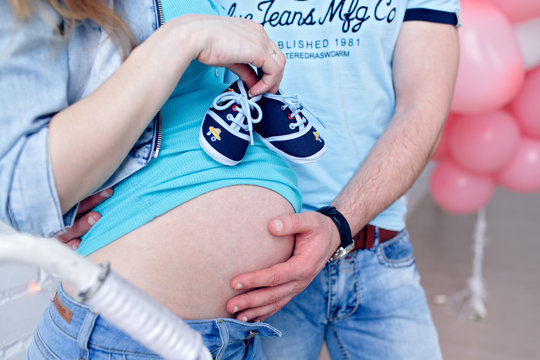The journey to motherhood is a unique and personal experience for every woman. One of the critical decisions expectant mothers face is choosing between a natural birth and medical interventions. In recent times, there has been a surge in myths and misconceptions surrounding both options. This article aims to debunk these myths and empower mothers-to-be to make informed choices that align with their preferences and health needs.

Myth #1: Natural Birth is Always Safer

One common misconception is that natural birth is inherently safer than opting for medical interventions. While natural birth can be a safe and empowering experience for many women, it’s essential to recognize that each pregnancy is different. Complications can arise unexpectedly, and medical interventions may become necessary to ensure the safety of both the mother and the baby. It is crucial to maintain an open dialogue with healthcare providers to understand the specific risks and benefits associated with each option.

Myth #2: Medical Interventions Always Lead to Unnecessary Complications

Conversely, some believe that choosing medical interventions will inevitably result in complications. The reality is that medical advancements have significantly improved the safety and effectiveness of interventions such as epidurals, induced labor, and cesarean sections. These interventions are essential tools that can address complications, mitigate risks, and ultimately contribute to a positive birth experience. Understanding the purpose and potential outcomes of medical interventions can help dispel unfounded fears.

Myth #3: Natural Birth Guarantees a Stronger Bond with the Baby

There’s a prevailing notion that experiencing a natural birth fosters a stronger bond between the mother and the baby. While the hormonal release during natural childbirth may contribute to initial bonding, it is crucial to recognize that a strong and lasting connection can be established through various birthing experiences. Factors such as emotional support, a calm environment, and postpartum care play significant roles in fostering a deep connection between the mother and her newborn, regardless of the chosen birthing method.

Making Informed Choices:

Ultimately, the key lies in making informed choices based on individual circumstances and preferences. Mothers-to-be should engage in open and honest conversations with their healthcare providers, discussing their concerns, expectations, and birth plans. A personalized approach, considering both the benefits and potential risks, can help women navigate the decision-making process and feel confident about their chosen birthing method.
Conclusion:
The debate between natural birth and medical interventions is nuanced and should be approached with an understanding that each woman’s journey is unique. By dispelling myths surrounding these options, expectant mothers can make informed decisions that prioritize both their well-being and that of their newborns. Embracing a holistic perspective and maintaining open communication with healthcare professionals will empower women to navigate the complexities of childbirth and embark on a journey that aligns with their values and preferences.
